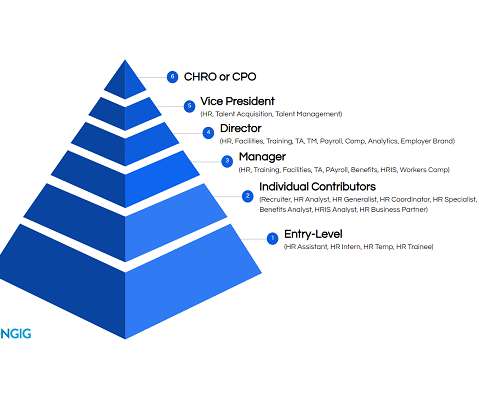How HR Can Create a Comprehensive Talent Strategy
Analytics in HR
MARCH 16, 2023
The best talent strategies help the organization meet its goals, create a competitive edge, and meet the career development aspirations of present and future talent. Components of a talent strategy 1. How to develop a talent strategy 1. For example, digitization, innovation, operational excellence, etc.
















Let's personalize your content